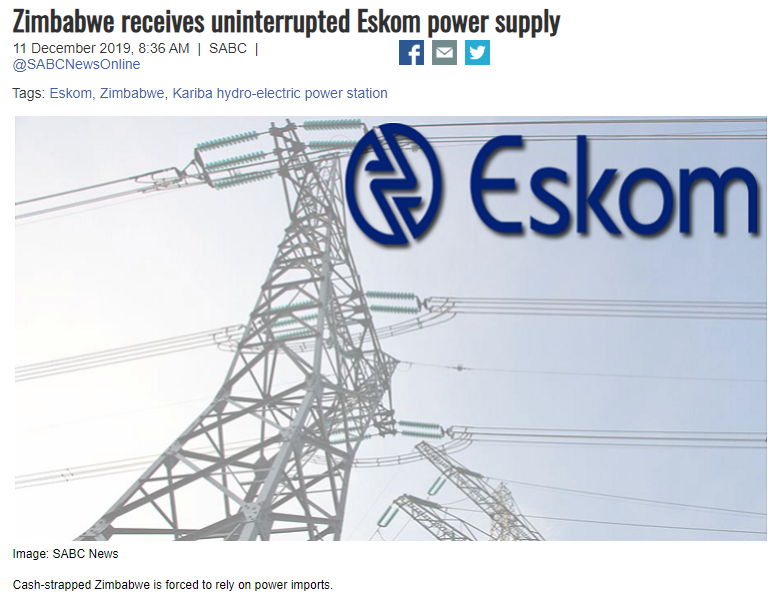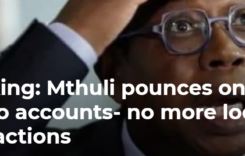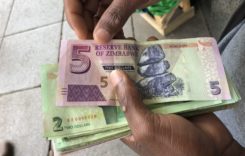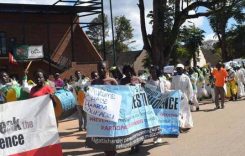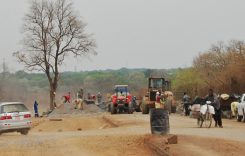CLAIM: Zimbabwe is receiving uninterrupted electricity supplies from South Africa’s Eskom, despite shortages and power-cuts in that country. Sources: www.sabcnew.com and www.thesouthafrican.com
VERDICT: Incorrect. Zimbabwe’s power import agreement with Eskom is conditional. South Africa’s electricity exports to Zimbabwe depend on Eskom’s ability to meet its domestic demand first. When South Africa undergoes load-shedding, as is currently happening, Eskom reduces supplies to Zimbabwe.
As South Africa grapples with load-shedding, the South African Broadcasting Corporation ran a December 11, 2019 story on its website claiming that “Zimbabwe says it is still receiving an uninterrupted power supply from Eskom despite increased load shedding in South Africa.”
Another online news site, www.thesouthafrican.com went further, dramatically invoking Christmas:
“Of course, Christmas is a time for giving. But that really shouldn’t be the case when there’s nothing left to give. Zimbabwe’s Energy Minister Fortune Chasi has revealed that Eskom are continuing to supply the country with electricity, despite entering into an unprecedented round of load shedding this week.”
The articles drew angry responses from some South Africans on Twitter:
Both articles are based on a report from Zimbabwe’s Herald newspaper, which quoted the country’s energy minister Fortune Chasi saying the Eskom power supply agreement remained in place despite South Africa’s ongoing power shortages.
Asked if South Africa’s recent electricity shortages would affect the power import agreement, Chasi told Tuesday’s post-Cabinet press briefing that nothing had changed.
“Should there be challenges in that area, I am sure our South African brothers and sisters will communicate that to us that they are unable (to continue supplying power), but as of now we have not received such communication and we are continuing to receive power in terms of the undertakings that were made in our contract with them.”
What are the terms of the contract?
In terms of the agreement, Zimbabwe can access up to 400 megawatts (MW) of electricity from South Africa, but only 50MW of that is on a firm basis. The balance, 350MW, is subject to availability during South Africa’s off-peak periods. According to Eskom, South Africa’s off-peak period runs between 10pm and 6am. The power utility’s current rotational load-shedding programme is being implemented up to 11pm.
Zimbabwe pays US$0.28 per kilowatt hour for the firm contract 50MW of power imported from South Africa. The balance, 350MW, is accessed on an ad hoc basis.
The average electricity tariff for South African users is about US$0.07 (102,62 rand).
An August 6, 2019 statement by Eskom made it clear that power supplies to Zimbabwe depended on the utility’s ability to meet domestic demand in South Africa.
“Eskom and ZESA are at the late stages of concluding an agreement. Once approval is obtained and payment guarantees lodged, we will supply ZESA as contracted,” Eskom said.
“We will revert to a 50MW firm contract and up to 350MW on a non-firm basis, meaning that when we have load-shedding in the country, any non-firm exports are reduced to zero and firm exports are reduced proportionally in accordance to the load-shedding stage.”
Zimbabwe reels from depressed regional power generation
On Monday, just as Eskom escalated its load-shedding in South Africa, Zimbabwe’s Zesa announced deeper cuts, citing “loss of power imports from the region.”
Conclusion:
The two articles incorrectly interpret the Zimbabwe energy minister’s assertion that the country’s power supply agreement with Eskom remains in place to mean the country was getting “uninterrupted” electricity supplies from South Africa, even as that country implements lengthy load-shedding.
The agreement stipulates that when there is load-shedding in South Africa, all non-firm exports (up to 350MW in Zimbabwe’s case) are stopped, while firm exports (50MW for Zimbabwe) are reduced in proportion to the load-shedding stage Eskom will be implementing at the time.
Do you want to use our content? Click Here


